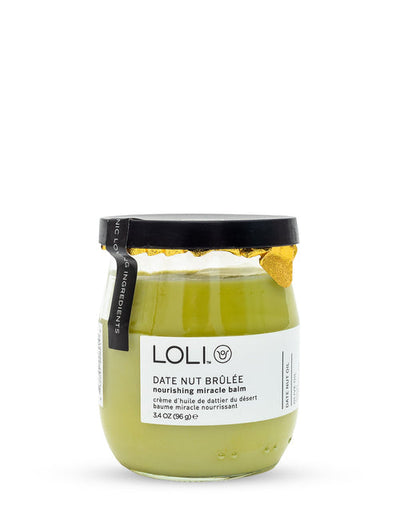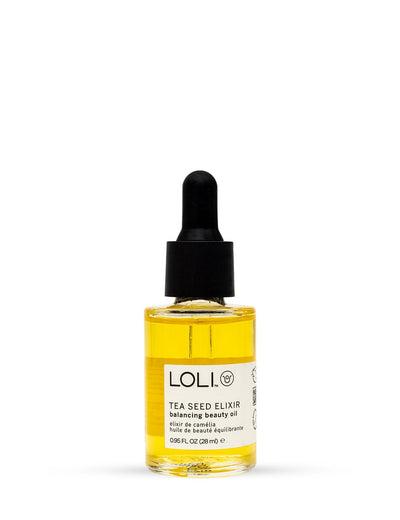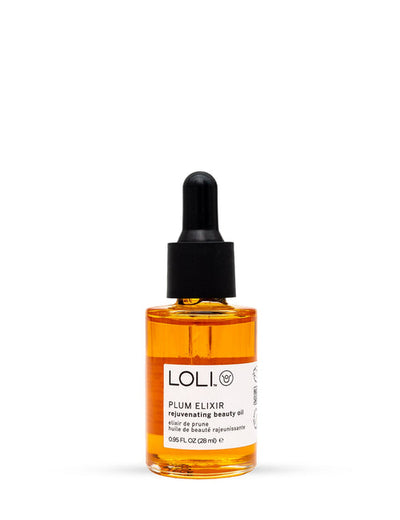Best Moisturizer for Aging Skin | OTC Drugstore Moisturizers
Aging skin deserves extra care — but you don’t need expensive treatments to see results. In this guide, we’ll explore the best OTC facial moisturizer for aging skin, including safe, hypoallergenic choices that address wrinkles, dryness, and sensitivity. Whether you’re looking for the best face moisturizer for wrinkles or prefer the best moisturizer without retinol, this article will help you choose wisely.
The right drugstore moisturizer for aging skin should deeply hydrate, support skin barrier repair, and soften fine lines without irritation. Look for formulas enriched with ceramides, peptides, hyaluronic acid, and antioxidants. Always choose hypoallergenic and dermatologist-tested options.
Best OTC Facial Moisturizer for Aging Skin: Unlock Youthful Radiance Without Retinol
Why Aging Skin Needs Specialized OTC Moisturizers
As skin matures, it loses elasticity, hydration, and natural oils. This leads to fine lines, sagging, and increased sensitivity. A standard lotion isn’t enough — you need targeted hydration and wrinkle care.
Signs of Aging Skin
- Fine lines and wrinkles around eyes and mouth
- Uneven skin tone and dullness
- Thinner, more fragile skin
- Dry patches and irritation
Why OTC Products Work
Over-the-counter moisturizers contain effective active ingredients like hyaluronic acid, peptides, and ceramides. Studies (PubMed, 2020) show these can significantly improve hydration and skin elasticity without the need for prescription formulas.
Benefits of Choosing the Right Moisturizer
- Hydrates deeply without clogging pores
- Helps reduce the appearance of wrinkles
- Strengthens skin’s natural barrier
- Suitable for sensitive or combination skin
Key Ingredients to Look For
Not all moisturizers are created equal. Understanding ingredients ensures you pick the best OTC face moisturizer for aging skin that matches your needs.
Hydrating Powerhouses
- Hyaluronic Acid: Locks in water, plumping fine lines.
- Glycerin: Draws moisture into skin layers.
- Aloe Vera: Soothes irritation and redness.
Anti-Wrinkle Allies
- Peptides: Support collagen production.
- Niacinamide (Vitamin B3): Improves skin tone and barrier function.
- Antioxidants (Vitamin C, E, Green Tea): Fight free radicals and support radiance.
Barrier-Strengthening Agents
- Ceramides: Essential for repairing protective skin barrier.
- Fatty Acids: Improve elasticity.
- Shea Butter & Natural Oils: Nourish and smooth dry patches.
The Best Moisturizer Without Retinol
Some prefer to avoid retinol due to sensitivity. Luckily, many OTC options deliver results without it.
Why Skip Retinol?
- Can cause redness and peeling in sensitive skin.
- Not always ideal for daytime use.
- Requires sunscreen diligence.
Alternatives to Retinol
- Bakuchiol: Plant-derived alternative shown in PubMed studies to reduce wrinkles safely.
- Peptide complexes: Support collagen without irritation.
- Antioxidants: Defend against environmental damage.

Choosing the Best Face Moisturizer for Wrinkles
When your main concern is fine lines, focus on formulas that target collagen support and hydration. But keep in mind that the best moisturizers for mature skin should also be tailored to your skin type, lifestyle, and preferences. A board-certified dermatologist will often recommend choosing a formula that works with — not against — your natural skin balance.
Morning Moisturizer (Daytime)
- Lightweight, fast-absorbing
- Contains SPF protection (SPF 30 recommended)
- Rich in antioxidants for daily defense
The best daily moisturizer should also protect the skin from the sun, ideally being a face moisturizer with SPF 30 or higher. A facial moisturizer with sunscreen is key in reducing signs of skin aging, improving skin tone and texture, and supporting overall skin health.
Night Cream (Evening)
- Thicker consistency for overnight repair
- Infused with peptides and ceramides
- Calms dryness for refreshed morning glow
A rich skin renewing night cream or wrinkle cream can help plump the skin, stimulate skin cell turnover, and leave your skin feeling soft by morning. If you have dehydrated skin, a dewy skin cream or water cream may be a better choice than heavier balms.
Adapting to Different Skin Types
- Dry skin: A nourishing moisturizing cream or face cream with ceramides can hydrate the skin, relieve tightness, and improve skin feel. Look for the best moisturizers for dry skin that also help improve skin texture and provide long-lasting comfort.
- Oily or acne-prone skin: A lightweight gel moisturizer or gel cream works best. Choose a noncomedogenic moisturizer that won’t clog pores.
- Combination skin: Opt for a balanced daily facial moisturizer or double repair face moisturizer that can hydrate the skin without leaving a greasy residue.
- Sensitive skin: Hypoallergenic and fragrance-free options, like a vanicream daily facial moisturizer, are best for sensitive skin types to avoid ingredients that may cause skin irritation.
Features to Consider
- Moisturizer with SPF: Combines hydration with protection.
- Face and body formulas: Versatile for overall care.
- Lotion vs. cream vs. gel: Pick based on your skin feel and comfort preferences.
- Anti-aging moisturizer: Targets fine lines, dullness, and sagging.
- Best drugstore moisturizer: Affordable options can still be effective in helping to reduce signs of skin aging.
- Skin care routine synergy: A daily face moisturizer should fit seamlessly with cleansers, serums, and sunscreen for maximum results.
The key takeaway: always consider your skin type when shopping. The best face moisturizers are those that hydrate skin, support the skin barrier with ceramides to support the skin, and leave your skin feeling soft, firm, and hydrated without being irritating to the skin. With the right match, you’ll not only improve skin tone, but also achieve an even skin tone, reduce signs of aging, and keep your skin quickly refreshed throughout the day.
DIY & Natural Tips for Aging Skin
OTC products are powerful, but you can complement them with safe, DIY skincare practices.
Simple At-Home Rituals
- Gentle massage: Improves circulation and elasticity.
- DIY masks: Use honey + yogurt for hydration.
- Steam therapy: Opens pores before applying moisturizer.
Lifestyle Habits That Matter
- Stay hydrated (2L water daily)
- Sleep 7–8 hours for skin repair
- Protect from sun exposure with SPF
ECOCERT & Safety
Choosing ECOCERT-certified products ensures natural, non-toxic formulations that are safe for long-term use.
How to Build a Complete Anti-Aging Skincare Routine
Your OTC moisturizer works best as part of a consistent routine.
Morning Routine
-
Gentle cleanser
-
Antioxidant serum (Vitamin C)
-
Best OTC facial moisturizer for aging skin
-
Broad-spectrum sunscreen
Evening Routine
-
Mild cleanser to remove makeup
-
Hydrating toner or essence
-
Peptide serum
-
Night cream rich in ceramides
Weekly Additions
- Exfoliate 1–2 times with lactic acid or fruit enzymes
- Use a hydrating sheet mask
FAQ
What is the best OTC facial moisturizer for aging skin?
The best one is lightweight yet deeply hydrating, with ceramides, peptides, and antioxidants. It should be hypoallergenic and safe for daily use.
Can I use OTC moisturizers for wrinkles instead of prescription creams?
Yes, many OTC products are effective. Studies show ingredients like peptides and hyaluronic acid significantly improve hydration and reduce fine lines.
Is a moisturizer without retinol effective for aging skin?
Absolutely. Alternatives like bakuchiol, peptides, and antioxidants can smooth wrinkles without irritation.
Should I use a separate night cream?
Yes, night creams are richer, helping repair skin overnight while preventing moisture loss.
How long before I see results?
Most people notice smoother, hydrated skin within 4–6 weeks of consistent use.
Final Thoughts
The best OTC facial moisturizer for aging skin is one that hydrates, strengthens, and smooths without irritation. Whether you choose a formula with peptides, ceramides, or natural oils, consistency matters most. Combine it with a balanced lifestyle, gentle cleansing, and daily sun protection for visible results.
Sources
-
PubMed: Role of topical peptides in preventing or treating aged skin.
-
ECOCERT: "Natural and Organic Cosmetic Certification."





